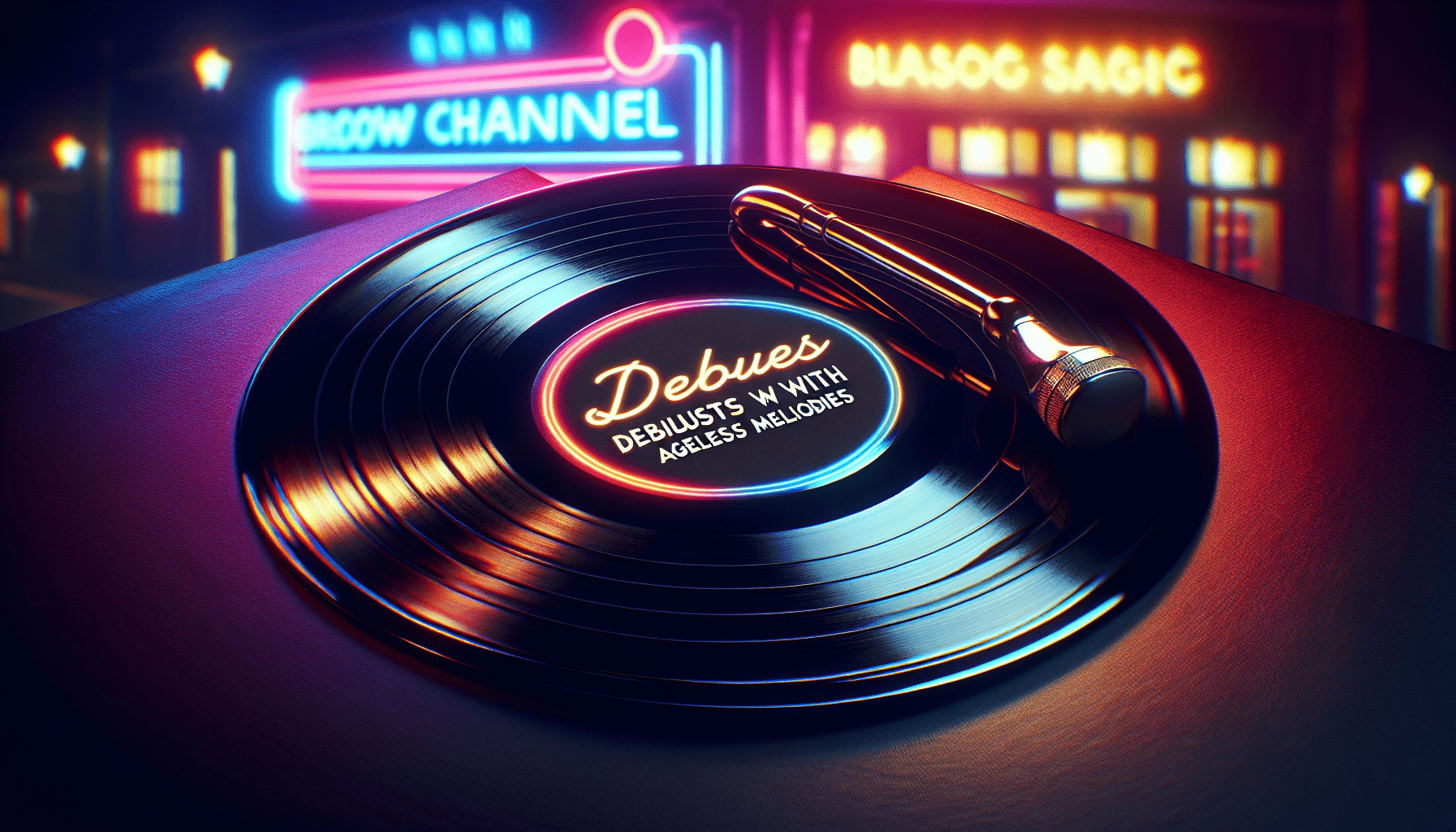BBC Launches Radio 2 Spin-Off With Older Music
The BBC is expanding its radio offerings with the launch of four new stations, including a spin-off from Radio 2 that will focus on music from the 1950s, 60s, and 70s.
The new stations, which will be available on DAB+ and online via BBC Sounds, aim to attract new audiences by providing more choice and value from the license fee.
In addition to the Radio 2 spin-off, Radio 1 will have a new sister station targeting young listeners, Radio 3 will launch a calming classical music station, and the existing Radio 1 Dance station will be expanded.
The move has raised concerns among commercial rivals who already have spin-off stations in similar genres or decades. However, the BBC maintains that the cost of launching the new stations will be relatively low.
Overview
The BBC has announced plans to launch four new radio stations, aimed at providing more choice and value for its audiences. These new stations will be available on DAB+ and BBC Sounds and will delve deeper into specific genres and periods of music. One of the stations will be a spin-off of Radio 2, focusing on music from the 1950s, 60s, and 70s. These new stations aim to attract new audiences and cater to the changing listening habits of the public.
New Radio Stations Planned by BBC
The BBC has revealed its plans to launch four new radio stations. Radio 1 will have a sister station targeted at young listeners, playing music from the last two decades.
The Radio 2 spin-off will provide a distinctive take on pop nostalgia, with a focus on the music from the 50s, 60s, and 70s. Radio 3 will launch a station dedicated to calming classical music, aiming to help listeners unwind and de-stress. Lastly, the existing Radio 1 Dance station will be expanded and launched on DAB+ with enhanced content.
Reaction from Commercial Rivals
The announcement of these new stations has received mixed reactions from commercial rivals. Some see it as an attempt to imitate the success of their genre-specific stations, while others believe it reflects the splintering of the public’s media habits. Commercial stations have been successful in recent years by catering to listeners’ desire for stations that align with their musical tastes. The BBC’s move into these specific genres and periods of music may cause some friction with their commercial rivals.
Cost of Launching New Stations
The BBC has stated that the cost of launching these new stations will be relatively low. This is partly because existing content from BBC Sounds and their archives will be included in the schedules. The stations will feature a mix of new commissions and current shows, providing a balance between fresh content and established favorites. By utilizing existing resources, the BBC aims to provide more choice and value without significantly increasing costs.
Radio 1 Spin-Off: Music from 2000s and 2010s
The spin-off station of Radio 1 will target young listeners with music from the last two decades. It will cater to the appetite for recent nostalgia by playing “lesser-heard gems” from high-profile artists alongside their more well-known tracks. This station will also serve as a platform to develop new on-air and production talent, contributing to the growth of the industry.
Radio 2 Spin-Off: Pop Nostalgia from 50s, 60s, and 70s
The Radio 2 spin-off station aims to provide a distinctive take on pop nostalgia from the 50s, 60s, and 70s. It will feature not only the music from that time but also the people who shaped the cultural landscape during those decades. The focus is on bringing heritage artist catalogues and stories to life in a more detailed and textured manner than the main mixed-genre Radio 2 schedule allows. This station targets older demographics and hopes to entice former listeners back to the BBC.
Radio 3 Spin-Off: Calming Classical Music
The new station from Radio 3 will focus on calming classical music. It aims to help listeners unwind and de-stress by featuring newly-released pieces, classic works, and music by living composers. This station will also support the BBC Proms and feature content from the BBC orchestras and choirs, as well as acts showcased by BBC Introducing. The goal is to provide a tranquil and soothing listening experience.
Radio 1 Dance: Enhanced Content for DAB+
The Radio 1 Dance station will be expanded and launched on DAB+ with new and enhanced content. This station will feature new commissions and programs aimed at developing young talent. It will also include existing content from the Radio 1 Dance stream on BBC Sounds. By expanding this station, the BBC aims to provide a comprehensive platform for dance music enthusiasts and support emerging artists and DJs.
Regulatory Process and Public Consultation
The BBC’s plans for these new stations will go through a regulatory process and public consultation. This process ensures that the proposals meet the necessary requirements and receive feedback from the public and industry stakeholders. The BBC has already started sharing its plans with the audio sector and will begin the public consultation in the coming weeks. The approval of these plans will be subject to regulatory approvals, including a Public Interest Test (PIT) for the proposal to launch the DAB+ stations.
Statement from BBC Music Director
Lorna Clarke, the director of BBC Music, has expressed her thoughts on the new stations. She sees these stations as a way to provide more choices for changing listening habits. Clarke emphasizes that the BBC’s extensions for Radio 1, Radio 2, and Radio 3 will allow listeners to deep-dive into specific genres and periods of music they love the most.
She also highlights the unique content that the BBC is known for, showcasing the history of music in the UK and creating a distinct listening experience for their audiences.
In conclusion, the BBC’s announcement of four new radio stations demonstrates its commitment to providing more choice and value for its audiences. These stations will delve into specific genres and periods of music, catering to different demographics and listening preferences.
While there may be some concern from commercial rivals, the low cost of launching these new stations and the utilization of existing content will allow the BBC to deliver a diverse range of programming. As the regulatory process and public consultation ensue, the BBC aims to continue its tradition of creating unique and compelling content for its listeners.




